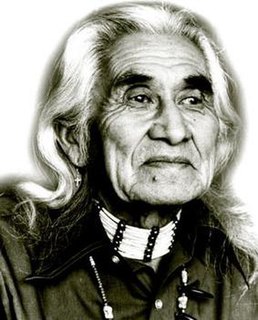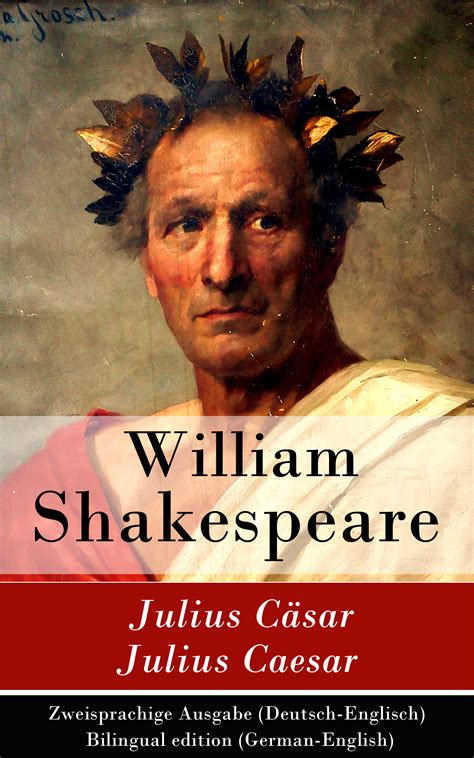A Quote by Thérèse of Lisieux
We must do everything we are obliged to do; give without reckoning, practice virtue whenever opportunity offers, constantly overcome ourselves, prove our love by all the little acts of tenderness and consideration we can muster. In a word, we must produce all the good works that lie within our strength - out of love for God.
Related Quotes
As the Holy Trinity, our God is One Being, although Three Persons, so, likewise, we ourselves must be one. As our God is indivisible, we also must be indivisible, as though we were one man, one mind, one will, one heart, one goodness, without the smallest admixture of malice - in a word, one pure love, as God is Love. That they may be one, even as We are One (John 17:22).
Each of our passions, even love, has a stomach that must not be overloaded. We must in everything write the word 'finis' in time; we must restrain ourselves, when it becomes urgent; we must draw the bolt on the appetite, play a fantasia on the violin, then break the strings with our own hand. The Wise man is he who knows when and how to stop.
If love is the soul of Christian existence, it must be at the heart of every other Christian virtue. Thus, for example, justice without love is legalism; faith without love is ideology; hope without love is self-centeredness; forgiveness without love is self-abasement; fortitude without love is recklessness; generosity without love is extravagance; care without love is mere duty; fidelity without love is servitude. Every virtue is an expression of love. No virtue is really a virtue unless it is permeated, or informed, by love.
Most people think of love as some sort of power outside of themselves that will "take them away from all of this." Sadly, this is not the case. Love exists only within our own hearts, and to have happy relationships we must first become truly loving people. And as we fill our hearts with love by expressing love for others in thought, word, and deed ("acting as if" until we make it happen if necessary), that love can heal our own lives, help to solve our problems, and enable us to feel good about ourselves.
To live a fulfilling life, we must combine passion with compassion and strength without strife; we must get out of our comfort zone and into our strength zone; and we must work every day with discipline to ensure that our daily agenda reflects our values, our priorities, and the legacy we wish to leave for others.
If we don't love ourselves, we would not love others. When someone tell you to love others first, and to love others more than ourselves; it is impossible. If you can't love yourselves, you can't love anybody else. Therefore we must gather up our great power so that we know in what ways we are good, what special abilities we have, what wisdom, what kind of talent we have, and how big our love is. When we can recognize our virtues, we can learn how to love others.
To love very much is to love inadequately; we love-that is all. Love cannot be modified without being nullified. Love is a short word but it contains everything. Love means the body, the soul, the life, the entire being. We feel love as we feel the warmth of our blood, we breathe love as we breathe the air, we hold it in ourselves as we hold our thoughts. Nothing more exists for us. Love is not a word; it is a wordless state indicated by four letters.
In order to settle down in the quiet of our own being we must learn to be detached from the results of our own activity. We must be content to live without watching ourselves live, to work with expecting immediate reward, to love without an instant satisfaction, and to exist without any special recognition. It is only when we are detached from ourselves that we can be at peace with ourselves.
The fulfilment that is being in love with God is not the product of our knowledge and choice. It is God's gift. Like all being in love, as distinct from particular acts of loving, it is a first principle. So far from resulting from our knowledge and choice, it dismantles and abolishes the horizon within which our knowing and choosing went on, and it sets up a new horizon within which the love of God transvalues our values and the eyes of that love transform our knowing.








































